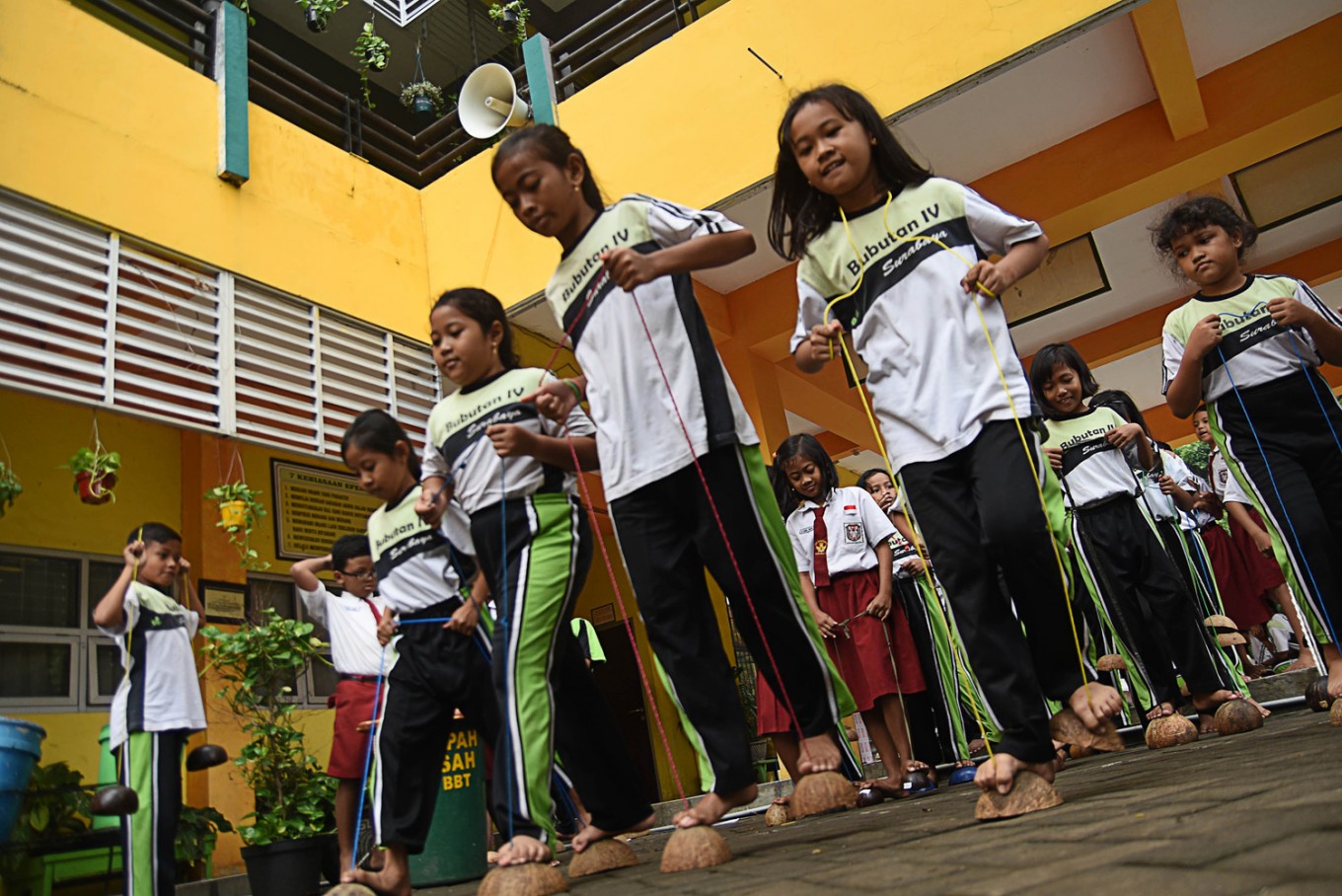Popular Reads
Top Results
Can't find what you're looking for?
View all search resultsPopular Reads
Top Results
Can't find what you're looking for?
View all search resultsMulti-micronutrient supplementation during pregnancy can boost cognitive ability in children: Research
Research has revealed that the consumption of multi-micronutrient supplements during pregnancy could improve the cognitive ability of children, which may be apparent at the ages of 9 to 12 years.
Change text size
Gift Premium Articles
to Anyone
R
esearch has revealed that the consumption of multi-micronutrient supplements during pregnancy could improve the cognitive ability of children, which may be apparent at the ages of 9 to 12 years.
Summit Institute of Development (SID) CEO Mandri Apriatni said the effectiveness of multi-micronutrient supplementation for children’s cognitive ability improvement was seen during its research, which was conducted in several stages from 2001 to 2014.
In SID's initial research conducted in 2001 to 2004, Mandri said 31,290 pregnant women on Lombok Island were selected randomly to receive multi-micronutrient supplements. During their pregnancy, half of them were given multi-micronutrient supplements while the remainder received iron and folate acid supplementation, which had been routinely distributed by the government to pregnant women via integrated health service posts (posyandu).
“Results of our initial research showed there had been an 18 percent decrease in infant mortality rates each year among mothers who had taken multi-micronutrient supplements during their pregnancy, much lower compared to those who only received iron and folate acid supplementation,” Mandri said about the Canadian government-funded research via Grand Challenges Canada’s (GCC) Saving Brain program in a press conference in Mataram, West Nusa Tenggara (NTB), on Wednesday.
She further explained that as a follow up, during 2012 to 2014, the team conducted further research on 3,000 children aged 9 to 12 years, whose mothers participated in the first survey to measure the long-term impact of the two sets of supplements.
“It was found that children whose mothers received multi-micronutrient supplementation have higher cognitive ability. They have good procedural memory, which is equal to better academic results in a six-month school period,” said Mandri.
The research involved several scientists from SID, the University of Mataram, the United States’ TH Chan School of Public Health of Harvard University, the University of California, Davis, and Georgetown University, as well as the United Kingdom’s University of Lancaster and Australia’s Deakin University.
“The results of this research were published in international health journal Lancet Global Health on Jan. 16. [The research] will be used as a recommendation for the Gold Generation program in NTB,” said Mandri. (ebf)










